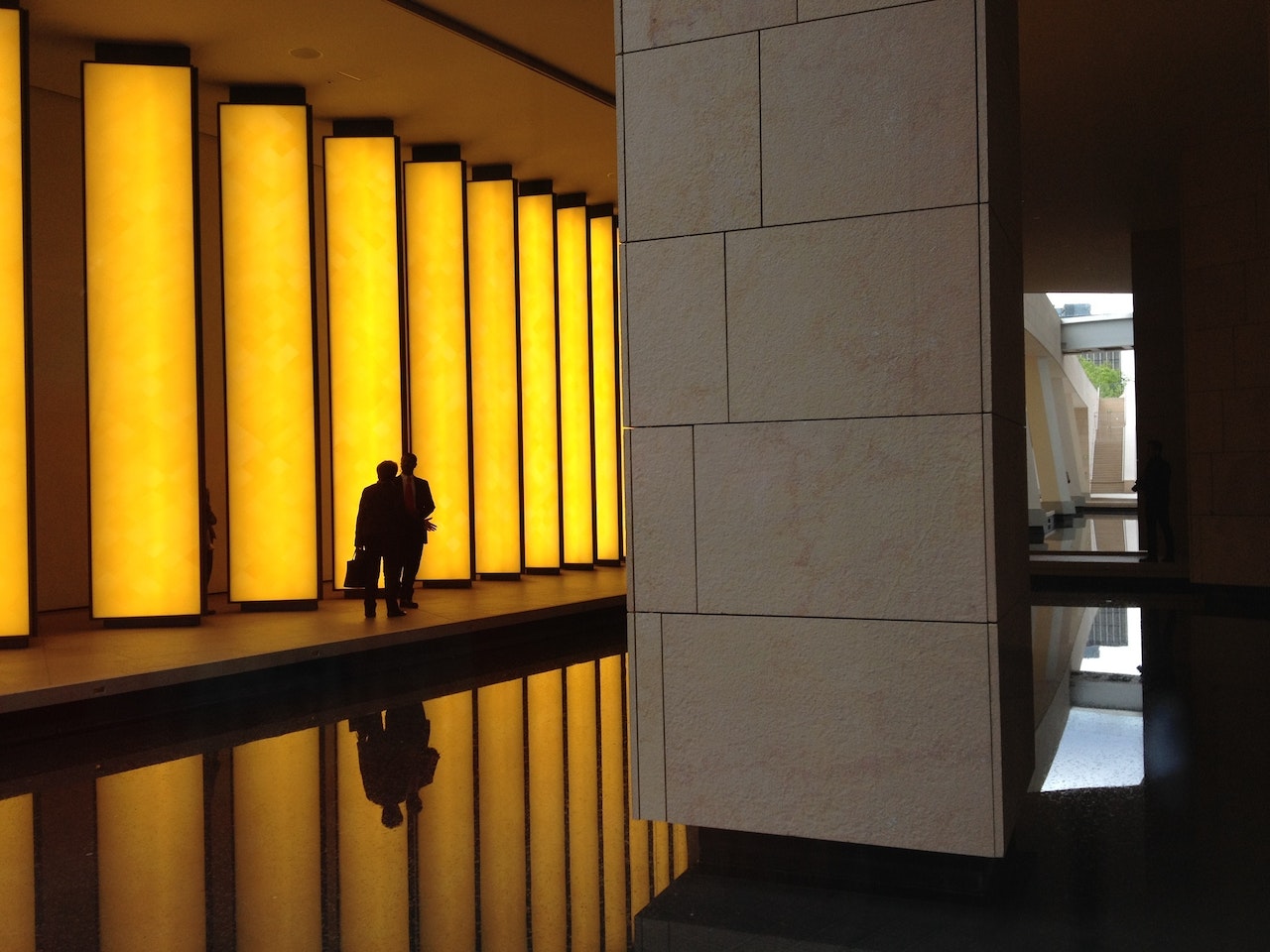Written by Nicolas Tang

When it comes to resolving international disputes in Asia, two prominent arbitration powerhouses, the Hong Kong International Arbitration Centre (HKIAC) and the Singapore International Arbitration Centre (SIAC), stand out. As parties seek an optimal venue for their arbitration matters, it becomes crucial to weigh the pros and cons of each institution. In this article, we delve into the distinctive features of HKIAC and SIAC, evaluating their strengths and weaknesses to determine which centre holds the edge in providing a favourable arbitration environment.
Both HKIAC and SIAC are internationally recognized as leading arbitration centres. According to the 2021 survey conducted by Queen Mary University of London, SIAC is the most popular seat in Asia for arbitration, and the second most popular worldwide, overtaking HKIAC, which is ranked third overall. This demonstrates that although both centres possess an esteemed reputation, instilling confidence in parties seeking arbitration, SIAC currently has an edge over HKIAC.
Singapore has a well-developed and pro-arbitration legal framework. The Singapore International Arbitration Act (IAA) incorporates the UNCITRAL Model Law and provides a modern legal framework that is aligned with international standards. This ensures the enforceability and legitimacy of arbitral awards issued by SIAC. Hong Kong also has a pro-arbitration legal framework that is supportive of the arbitral process. The Arbitration Ordinance provides a modern and comprehensive legal framework for arbitration, incorporating international best practices such as the UNCITRAL Model Law.
The cost factor plays a significant role in selecting an arbitration centre. In terms of fees, both HKIAC and SIAC follow a three-part breakdown comprising registration or filing fees, administrative fees, and arbitrators’ fees. Overall, the costs of arbitration at both centres are relatively comparable. However, it is worth noting that HKIAC allows the Tribunal to charge you based on hourly rates if you agree, which would end up more expensive if you agree to such terms. The vast majority of HKIAC tribunals are paid on an hourly rate basis.
“Under the HKIAC Rules, parties have the option of paying arbitral tribunals’ fees by hourly rate (capped at HK$6,500 or approximately US$840) or by reference to an ad valorem fee scale. The vast majority of HKIAC tribunals are paid on an hourly rate basis.”
Source: https://www.hkiac.org/arbitration/costs-duration
Parties should consider their budgetary constraints while evaluating the fee structure of each centre.
Singapore was one of the first jurisdictions in Asia to permit third-party funding in international arbitration and related court proceedings. As of 2021, third-party funding is now allowed in domestic arbitration, court proceedings related to domestic arbitration, and proceedings in the Singapore International Commercial Court (SICC). This expansion means that funding is now possible for certain court proceedings in addition to arbitration.
Until recently, Hong Kong had strict prohibitions on third-party funding in both litigation and arbitration due to the doctrines of maintenance and champerty. However, the common law in Hong Kong recognized three exceptions to these prohibitions. First, third-party funding was allowed when the third-party had a legitimate common interest in the litigation. Second, funding was permitted in cases where there were concerns about access to justice. Lastly, funding was allowed in the context of insolvency proceedings.
In Hong Kong, there is no specified time limit for rendering an award; however, an arbitrator who exhibits undue delay can be removed by the court. The mean duration of cases at HKIAC is 16.9 months, and the median duration is 13 months, or within six months under an expedited procedure. Expedited procedures are accessible if the amount in dispute is below HK$25 million (roughly S$4.3 million).
Singapore also offers an expedited procedure that allows for awards to be issued within six months, applicable when the disputed amount does not exceed S$6 million, with the agreement of the parties or in cases of urgency. The mean duration of cases at SIAC is 13.8 months, and the median duration is 11.7 months.
Please note that the duration of an arbitration case can vary based on factors like the number of arbitrators, the amount in dispute, complexity, submission schedules, interlocutory applications, discovery, witnesses, hearing days, and the availability of parties and the Tribunal. For HKIAC and SIAC expedited procedures, both Tribunals set a six-month time limit for issuing the final award, unless an extension is granted by the Registrar.
Both Hong Kong and Singapore, as signatories to the 1958 New York Convention on Recognition and Enforcement of Arbitral Awards (New York Convention), offer a significant advantage in terms of enforceability. This convention ensures that arbitral awards issued in either jurisdiction can be recognized and enforced in over 150 countries worldwide that are also signatories to the convention. The widespread recognition and enforceability of awards under the New York Convention contribute to the overall effectiveness and credibility of both HKIAC and the SIAC as preferred arbitration centres.
One clear advantage of HKIAC however, is the fact that a HKIAC award may be easily enforced against assets in China pursuant to the Arrangement Concerning Mutual Enforcement of Arbitral Awards between the Mainland and HKSAR (the “Arrangement for Mutual Enforcement of Arbitral Awards”). Singapore has no such arrangement with China so SIAC awards have to be enforced the traditional way, i.e. by way of engaging a Chinese law firm to commence Court action in China to enforce the assets, with the attendant risk that such litigation may be successfully challenged by the respondent.
Both centres offer emergency arbitration services, catering to situations that require urgent decisions, such as the issuance of preservation or freezing orders or granting access to inspect a property. These services are designed to provide parties with swift interim relief before the full arbitration proceedings take place.
In Singapore, emergency arbitration proceedings are known for their expediency, with awards or orders typically granted within 14 days. This prompt resolution allows parties to swiftly obtain the necessary relief to protect their rights and interests.
Similarly, in Hong Kong, emergency arbitration proceedings aim to ensure rapid decision-making. Typically, awards or orders are granted within approximately 15 days, enabling parties to obtain urgent relief in a timely manner.
SIAC takes pride in its extensive panel of over 600 expert arbitrators from more than 40 jurisdictions worldwide. Among them, SIAC specifically highlights over 100 experienced arbitrators specializing in energy, engineering, procurement, and construction from more than 25 jurisdictions. This diverse and experienced panel ensures that parties have access to a wide range of expertise and knowledge in their respective fields.
Similarly, HKIAC has made significant appointments, appointing 159 arbitrators in 2022. Notably, HKIAC has demonstrated a commitment to diversity and inclusivity in its appointments. Out of the 159 appointments, 43 (27%) were female arbitrators, contributing to gender diversity in the arbitral process. Furthermore, 48 (30%) of the appointments were of arbitrators who had not been previously appointed by HKIAC over the last three years. This highlights HKIAC’s efforts to bring fresh perspectives and ensure a broad pool of arbitrators for parties to choose from.
The courts in both Hong Kong and Singapore adhere to a policy of minimal intervention in arbitration proceedings, resulting in a favourable environment for arbitration awards. Set-aside applications and challenges to arbitral awards are infrequent and generally not granted by the courts in these jurisdictions. This approach underscores the strong pro-arbitration stance and the respect for party autonomy in both Hong Kong and Singapore, further enhancing the reliability and enforceability of arbitration awards issued in these jurisdictions.
Both HKIAC and SIAC stand as prominent arbitration centres, offering a host of benefits stemming from their strategic geographic location. Their proximity to major Asian cities, efficient connectivity, and accessibility make both a convenient choice for parties from diverse jurisdictions.
HKIAC’s unique arrangement with Mainland China provides access to interim measures from Chinese courts, further bolstering the efficacy and enforceability of the arbitration process. Moreover, its expertise in handling disputes with Chinese elements enhances the centre’s credibility and effectiveness when resolving complex disputes involving Chinese parties. By leveraging these geographic advantages, HKIAC continues to solidify its position as a leading arbitration centre, ensuring a fair and efficient resolution of international disputes.
In recent years, Hong Kong has experienced political unrest and protests, which have raised concerns about the impact on its legal system and judicial independence. While the judiciary has maintained its reputation, parties may still have concerns about the long-term stability and political environment.
HKIAC is centrally located in a prime office building in Hong Kong, offering world-class dispute resolution facilities and services. Their custom-built rooms can accommodate up to 180 people, with state-of-the-art technology and flexible configurations. Professional support staff provide personalized services, including global video conferencing and on-site catering. The facilities also house an extensive library of relevant resources.
SIAC is conveniently situated at Singapore’s Maxwell Chambers building. With 23 purpose-designed hearing rooms and preparation rooms, the facility can accommodate up to 140 people, providing a conducive environment for arbitration proceedings.
In both Hong Kong and Singapore, the arbitration centres prioritize providing top-notch facilities to support efficient and effective dispute resolution. These world-class premises, equipped with advanced technology and supported by dedicated staff, contribute to a conducive and professional environment for all participants involved in arbitration proceedings.
Ultimately, the choice between HKIAC and SIAC will depend on various factors, including the specific circumstances of the dispute, the location of the parties, the jurisdiction and governing law, the language, the location of the assets, the parties’ preferences, and the applicable laws. It is advisable for parties to carefully consider these pros and cons, seek legal advice, and conduct a case-by-case assessment before selecting an arbitration centre.


Farallon Law Corporation
21 Collyer Quay #01-01
Singapore 049320
Farallon Law Corporation
21 Collyer Quay #01-01
Singapore 049320
We are recognized regionally by the world-class quality of legal services that we provide. Rely on our capabilities to help you resolve your legal challenges today.